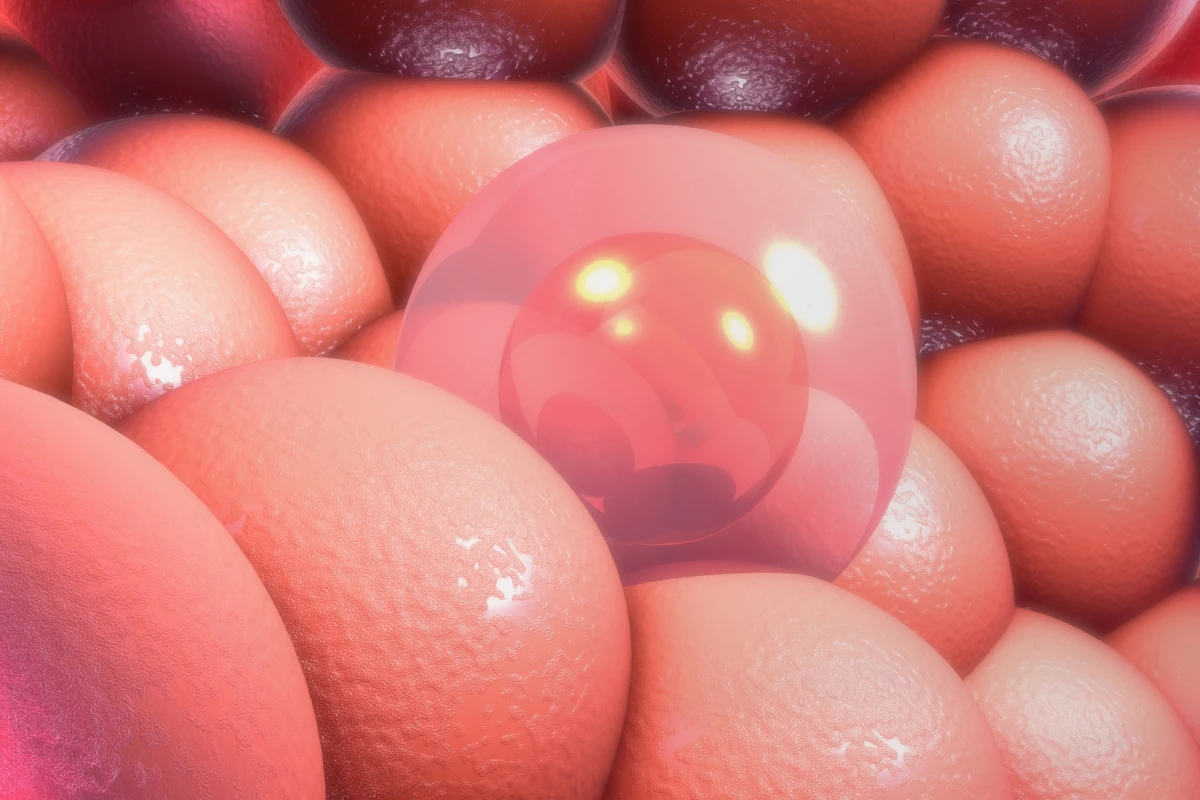Shifts in culture and lifestyle mean that more couples are waiting until later in life before trying to conceive. But there’s often a feeling of racing against the clock, as the quality and number of eggs declines in women as they approach middle age. Now, researchers at the Universities of Queensland and New South Wales have reversed this aging process in the eggs of mice, using a metabolic compound that could lead to new fertility drugs for humans.
Women are born with all the eggs they’ll ever have, so it’s not entirely surprising that fertility begins to decline at a certain point. While it’s different for everyone, it’s largely believed to slowly start to decline around the age of 30, and drop off after about 45. In between those ages, it’s not quite as steep a cliff as media often portrays, but age is undoubtedly a factor in family planning.
On the new study, researchers linked a specific molecule to the loss of egg quality in mice. They found that as mice age, it’s accompanied by declining levels of nicotinamide adenine dinucleotide (NAD+), which is important for metabolism. That in turn affects the quality of remaining eggs, leading to fertility problems in older female mice.
So, the team investigated how this molecule could be restored, and whether that might help delay or even reverse infertility. They gave the mice oral doses of a precursor compound called nicotinamide mononucleotide (NMN). Cells use NMN to produce NAD+, so raising levels of the precursor should help increase NAD+ levels and, by extension, improve fertility. And it appeared to work in the mice.
“Quality eggs are essential for pregnancy success because they provide virtually all the building blocks required by an embryo,” says Hayden Homer, lead researcher on the study. “We treated the mice with low doses of NMN in their drinking water over four weeks, and we were able to dramatically restore egg quality and increase live births during a breeding trial.”
If the results carry across to humans – which is still very much up for question at this early stage – then it could open up a new option for couples looking to improve their chances of conception.
“Our findings suggest there is an opportunity to restore egg quality and in turn female reproductive function using oral administration of NAD-boosting agents – which would be far less invasive than IVF,” says Homer. “It is important to stress, however, that although promising, the potential benefits of these agents remains to be tested in clinical trials.”
The research was published in the journal Cell Reports.
Source: University of Queensland




